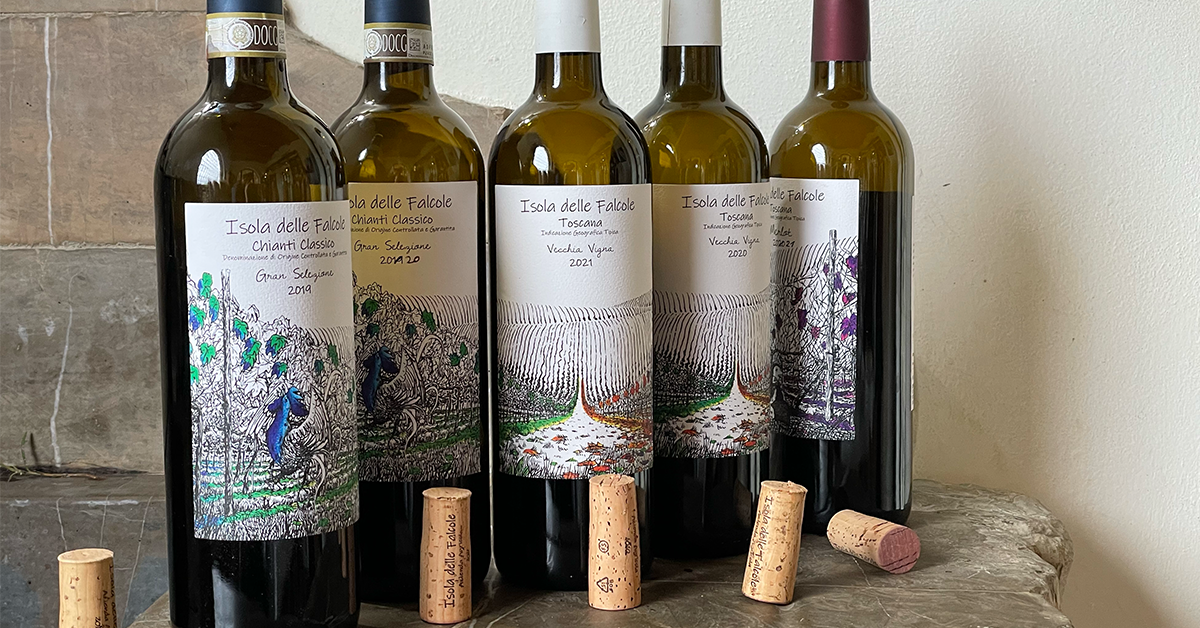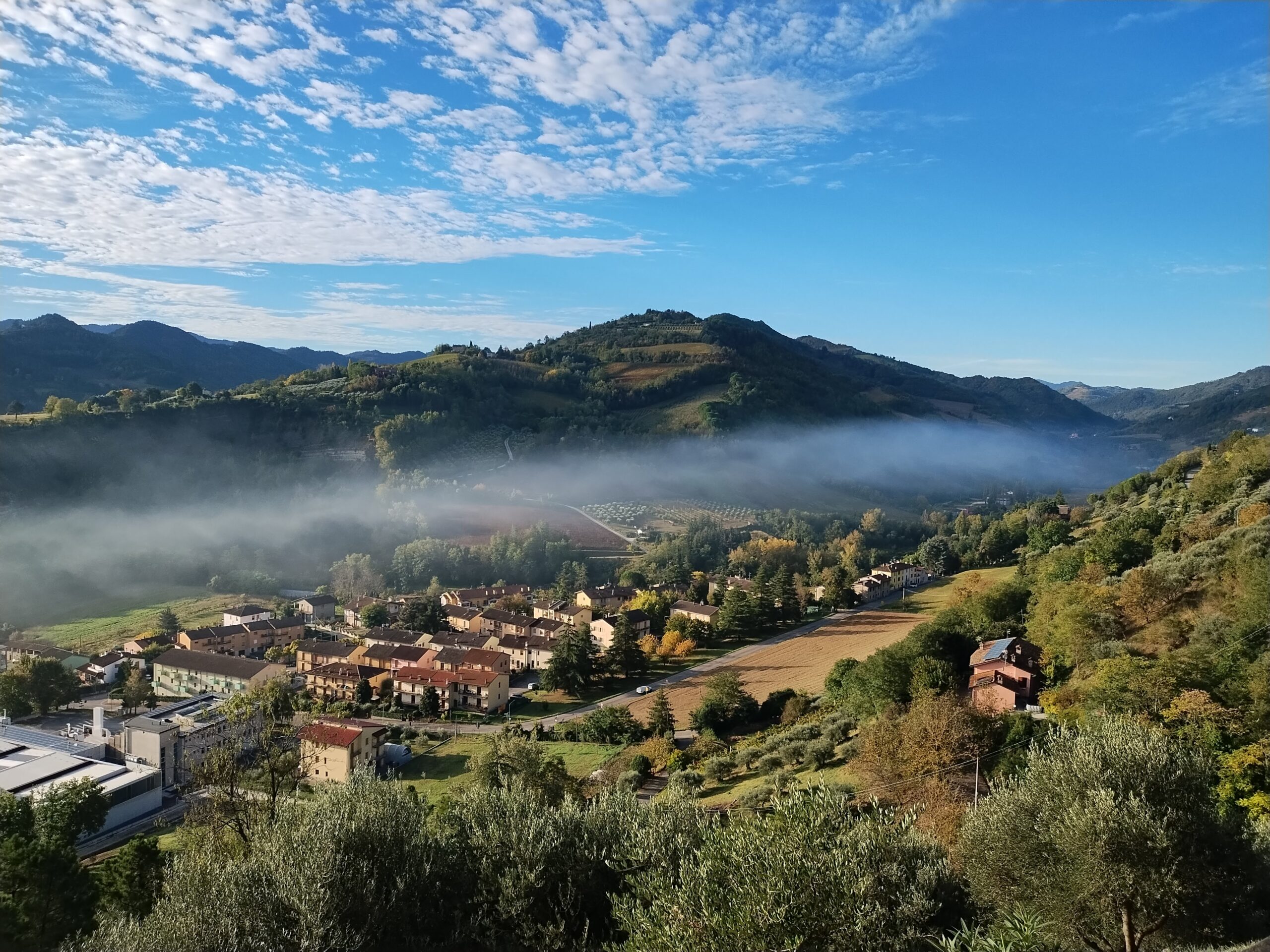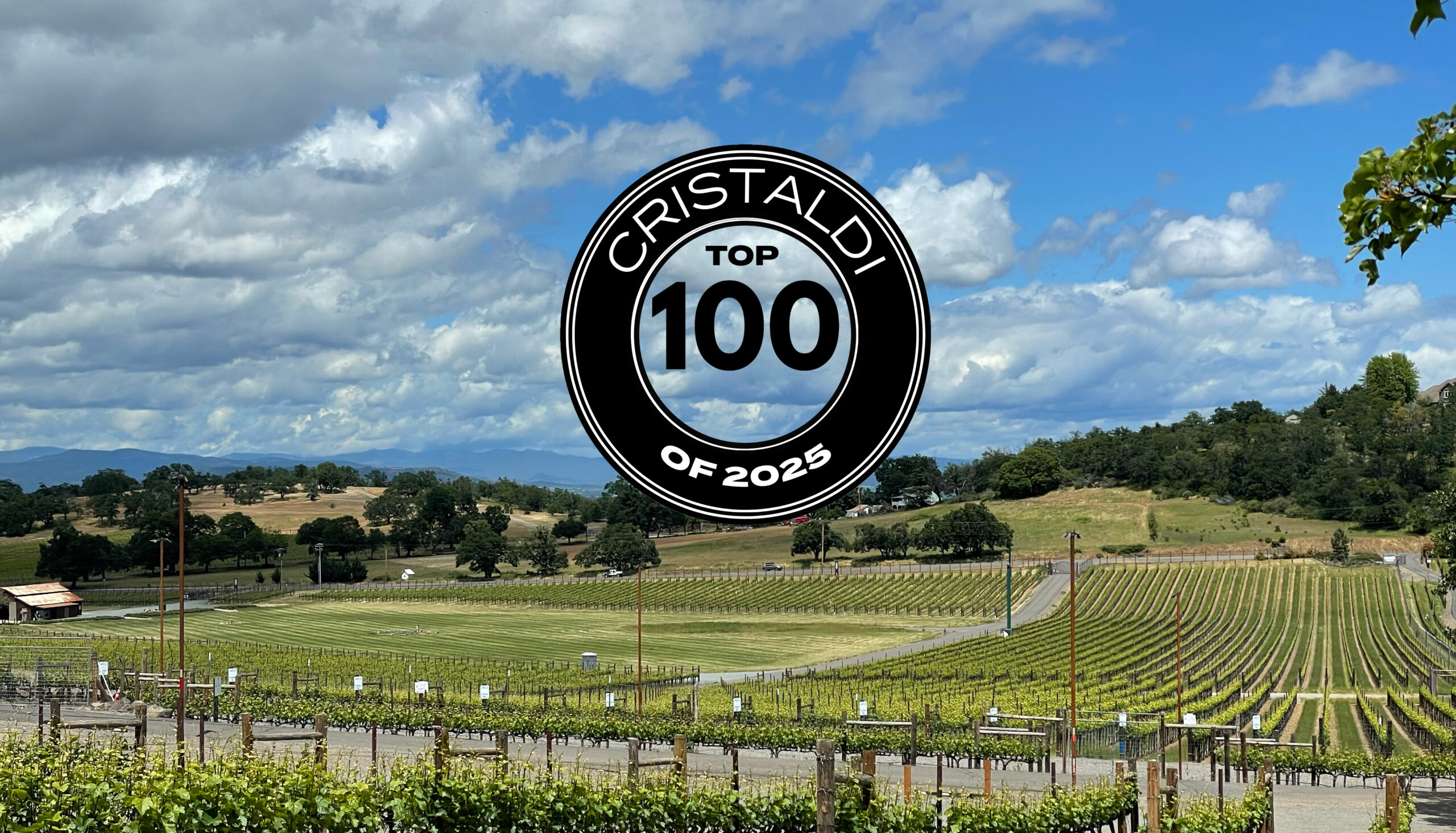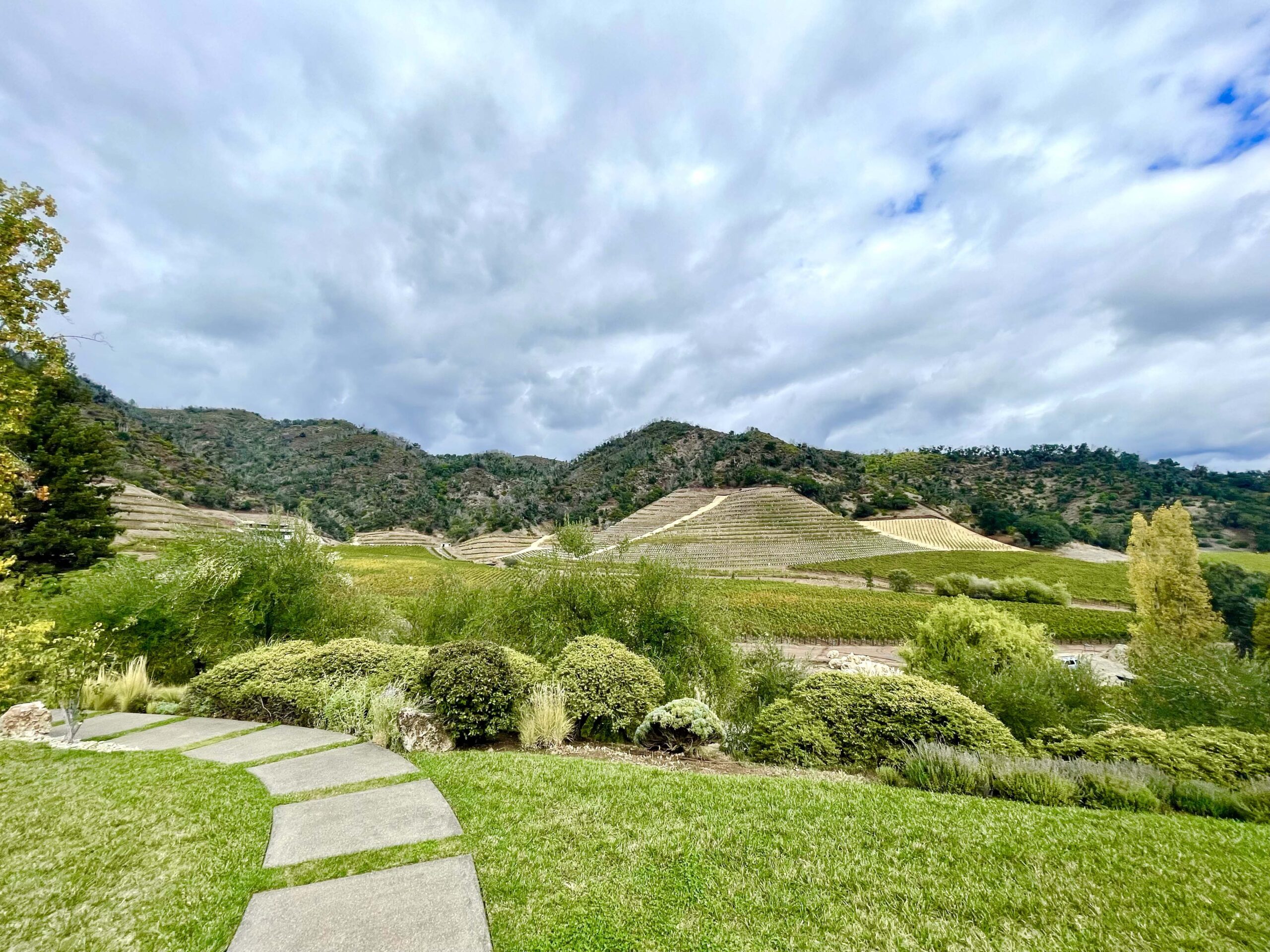Exploring Chianti Classico at Isola Delle Falcole
This article originally appeared in the August/September 2024 issue of The SOMM Journal.
I spent a week in late April of 2024 touring vineyards and meeting producers in Chianti Classico, the Tuscan Maremma, and Piedmont. I’m embarrassed to admit it, but I’d never been to these iconic Italian regions before. The grandeur of the settings I found myself in and the hospitality, passion, and drive of the winemakers I met left a deep and lasting impression on me.
In the heart of Chianti, I tasted wines with Giampaolo Motta of La Massa; my recap of that visit appears in the July/ August 2024 issue of sister publication The Tasting Panel. Next, I visited Tancredi Biondi-Santi in Tuscany to see his family’s Castello di Montepò estate—look for my cover story in the September/October 2024 edition of The Tasting Panel. I also ventured to Cascina Baricchi in Neviglie in Barbaresco (more on that in a future issue).
But my first meeting was with Emanuele Graetz, the 35-year-old owner of Isola delle Falcole in Greve in Chianti as well as import company Viteoak Wine Selection. After an exhausting day of travel, I arrived to be quickly greeted by the super-charismatic and energetic Florence native, who handed me a glass of Domaine Lagille Le Mont en Peine—a bright and focused blanc de blancs Champagne—and we walked and talked as we took in views of his undulating, steep-sloped vineyards.
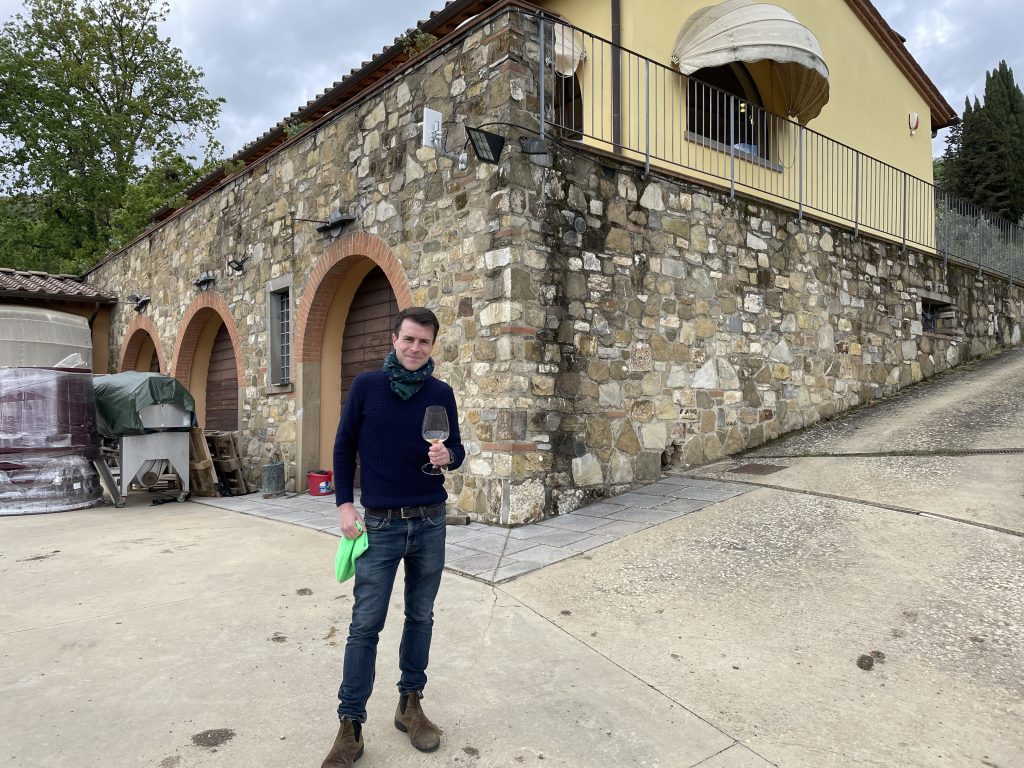
Graetz’s grandfather had bought property in the hills overlooking Florence that included a vineyard, so the family began to make wine for personal consumption and sold some grapes. As their business grew, Graetz joined in to help with sales. “By age 18, I’d fallen in love with the best wines of France and Italy, and I dreamed of making wine from one of the great regions myself,” he told me. Setting his sights on Chianti Classico, which he described as “the Burgundy of Italy,” he partnered with two friends, Alessandro Mannelli and Niccolò Righini, and purchased 4.4 acres in the region between Panzano and Montefioralle in 2015. With incredible luck, an adjacent property was offered to them as well, and they bought it. Today, their estate—whose name translates as “Island of the Falcons” in homage to the hawks that have long nested in the area—encompasses 49 acres, 11 of which are planted between 1,350 and 1,700 feet in elevation. Graetz estimates that annual production will peak at 30,000 bottles.
While lamenting that Chianti’s reputation has suffered over the past few decades “because of big cooperations increasing quantity and decreasing quality,” he remained adamant that its “fine wine is outstanding. I have a dream that within the next couple of decades, people will open up the restaurant wine list and order Sangiovese Gran Selezione from the heart of Chianti Classico for $300, $400, or $600 a bottle, and they won’t complain because the wine will compare to the best Pinot Noir from Burgundy.”
The Isola delle Falcole portfolio contains a mix of IGT Toscana red blends and Chianti Classico DOCG wines, all of which are riveting; check out my reviews in “Cristaldi’s Crush” in the September/October 2024 issue of Tasting Panel.

